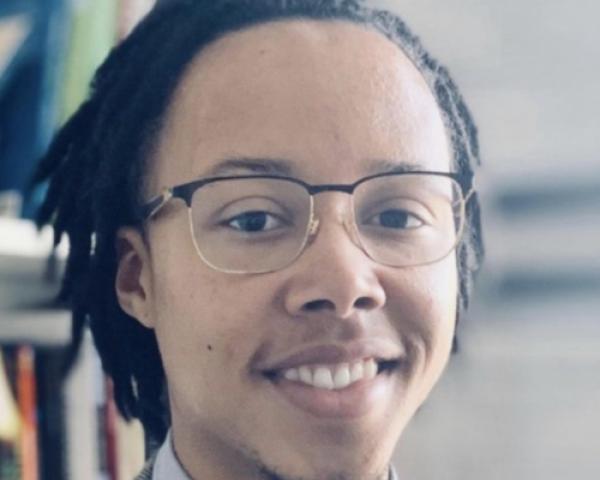When I entered the insurance industry out of college, the recruiting toward millennials was on point. I was courted to feel like I could bring my whole self to work, all of my identities — my Blackness, my quirks, my ambition and my curiosity. But when I arrived in all of those ways, I realized that, in practice, the authenticity-at-work concept was still a work in progress.
An overwhelming amount of data shows that more people, especially millennials and Gen Z, want their labor to affect the world in meaningful ways. As idealistic as it seems, social responsibility is an important aspect of mental wellness. The COVID-19 pandemic showed us how important interpersonal connection is for our well-being.
The insurance and risk management industry has a reputation for being self-serving. Outsiders perceive insurance companies as striving to deny claims or at least pay as little as possible. Whether that’s true or not, there’s another side to insurance.
As an industry, we need to educate prospective employees about the ways that insurance policies create a safety net for the infrastructure of the economy, real estate, schools, churches — every industry is secured by a compulsory insurance policy, where it’s a liability policy or workers’ compensation. Educating younger generations on both the tangible and abstract ways that insurance supports people, places and things can help connect the dots between the daily work and the broader missions of many insurance organizations (beyond shareholder profit).
Once we’ve convinced millennials and Gen Z that there are good things happening in this industry, retention is paramount. I learned the phrase “big ship, slow to turn” while working for larger insurance carriers. As I navigated career development, I intimately understood what that meant. Research from the financial services industry shows that Black professionals tend to plateau at middle management, as the executive ranks are peppered with disproportionately low numbers of Black leaders.
See also: Solving the Talent Crisis in Insurance
I’ve observed these phenomena in my own career. Looking around my office, I noticed a large proportion of my Black colleagues of various ages in lower-complexity claims positions, while the higher-complexity claims teams lacked the diversity that initially piqued my interest about the company. Scanning the org charts for people who look like me, I found few Blacks in positions with greater authority, responsibility and pay bands. Disheartened with this grim reality, and impatient with what felt like stagnation, I realized that, traditionally, it’s expected that you stay in your role for several years, possibly collecting small merit increases annually, and then look upward toward the next step.
I appreciate that there is value in remaining in the same position for a while, reaching a level of proficiency, then taking on additional responsibilities. Nonetheless, inflation outpaces merit increases, and employees’ desires to make more, faster, especially when excelling in their roles, isn’t unreasonable.
To address the talent shortage, the insurance and risk management industry should consider looking within. As the talent ages, millennials are maturing, ready to develop into the next leaders of the industry.
The youngest millennials are now 30 years old, and we’ve got families and homes and live real adult lives. It’s time for industries to start appreciating the talent and maturity of a growing generation.






